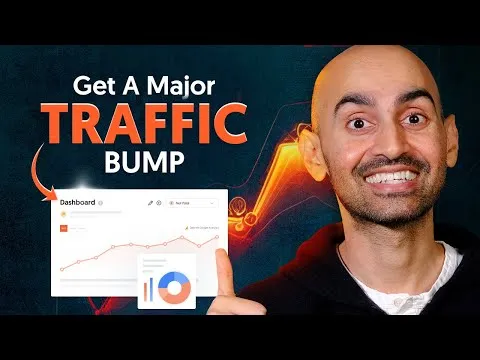Bloggers and website owners are always on the look for new and more efficient ways to increase their level of incoming traffic.
How effective is blog commenting in order to achieve this goal?
Organic traffic vs Traffic from comments on other blogs
Nowadays Google is the dominant online search engine.
This means that Google is responsible for the bulk volume of online searches performed globally on a daily basis.
As a result, Google is the primary feeder of online search traffic, known as “organic traffic”, to any blog or website.
This fact has led to the emergence of a brand new field of technical knowledge, targeted towards the optimization of blogs, websites, webpages and online content in general, which is known as “Search Engine Optimization” (SEO).
Although a set of “principles”, ideas and perceptions have been acknowledged in the blogosphere as a rule of thumb for new and established bloggers to follow, if they wish to secure a place under Google’s glittering sun, the constant alteration and update of the search engine’s algorithms has made most of those “SEO principles” void.
As a result, bloggers have tried to find new ways and methods to attract inbound traffic, and diversify themselves from being dependent exclusively on organic traffic.
Receiving traffic from blog comments offers an alternative to organic traffic.
At least that is the benefit (in terms of direct traffic, and not taking into account the effect of building a brand name as a blogger and establishing relationships with other bloggers) of commenting on other related blogs in the same or similar niches to yours.
You write an interesting, thought-provoking comment, at least three-four sentences long, leave your name with a link to your blog or relevant post, fill in your email address, and that’s it!
As simple as that. This little trick could potentially set you free, as a blogger, from Google’s, and also from other search engines’, monopolistic dominance, in terms of incoming traffic to your blog.
However, there is a long-standing debate whether this practice is really effective or not.
